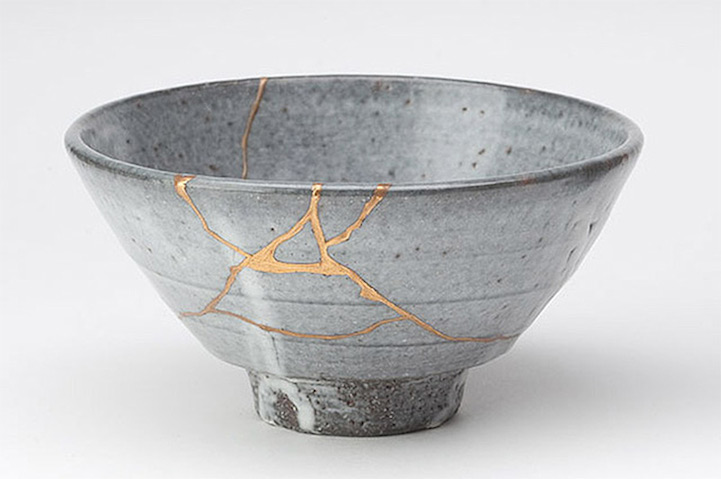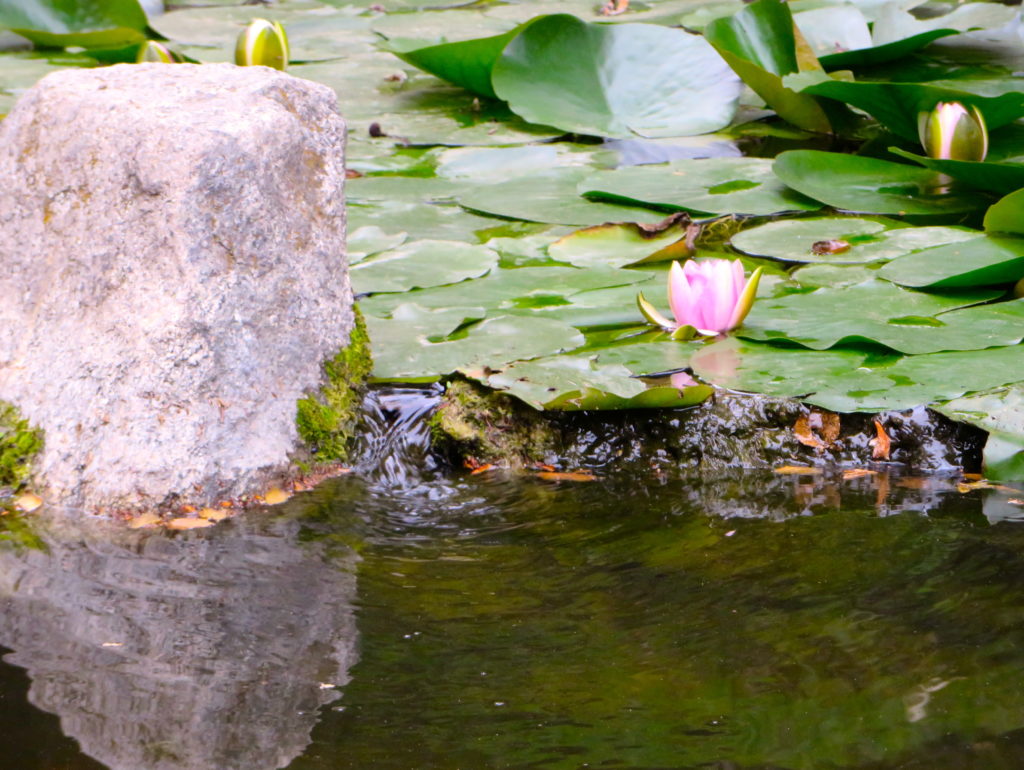
Last week I talked to my friends Lori and Stephen Saux on their podcast, “If We Knew Then.” We were talking about beginner’s mind, the mind that is free of expectations and judgments—the mind of now. At one point, I remembered this story from 10 years ago. Can we meet our lives right where they are? Can we meet our children as they are? Can we enter the next moment as it is? The answer is always yes, and it can turn your world upside down.
Some truths are self-evident. Money doesn’t buy happiness. Appearances don’t matter. You can’t tempt me with a mindless shopping spree. So it’s easy for me to say no when my 11-year-old daughter resumes a noxious whine for skinny jeans or a bazillionth pair of dimestore earrings. I’m not the mom who shops. I’m the mom with the $12 haircut, the 10-year-old sweater, in the same faded khakis you saw me wearing yesterday. I am the one with a half-empty closet, a near-empty wallet, and a brand of religious devotion that keeps them that way. I’m a Buddhist priest. I’m not the mom at the mall.
That changes one day as I’m driving her home from school. Something surprising opens in me—a whim, a glimpse—and I turn onto the street I never take, into the asphalt sprawl of the local mall. The two of us are fairly airborne as we enter the cool cavern through the automatic doors and ride the escalator past the food court. Striding beside me on the concourse, my daughter narrows the subtle distance she has begun to keep from me in public. I notice her head tops my shoulder. Her face has narrowed, and her lips have grown full. She flashes me a comrade’s secret smile and reaches for my hand. “Mom,” she says, radiating her bliss, “I don’t think Dad gets this.” In one unexpected turn, I’ve entered the exuberance of her girlhood, a treasure too fleeting to resist.
It’s true, appearances don’t matter, and the skinny jeans won’t last, but I found something I’ll always cherish – the closeness of her company before she outgrows me for good.
“If your mind is empty, it is always ready for anything, it is open to everything. In the beginner’s mind there are many possibilities, but in the expert’s mind there are few.” ―
Listen to the podcast here or here.
Photo by Double e on Unsplash






 Teachable moment – a learning opportunity for a child to acquire new information, values, morals, a new behavior or a new skill, or a new way of expressing and coping with an emotion.
Teachable moment – a learning opportunity for a child to acquire new information, values, morals, a new behavior or a new skill, or a new way of expressing and coping with an emotion.



 Do not be me.
Do not be me. There comes a day as a parent when you realize you have accomplished nothing because there was nothing to accomplish.
There comes a day as a parent when you realize you have accomplished nothing because there was nothing to accomplish.
